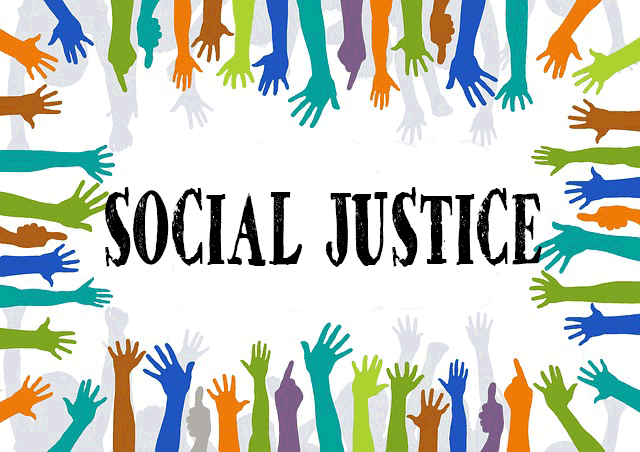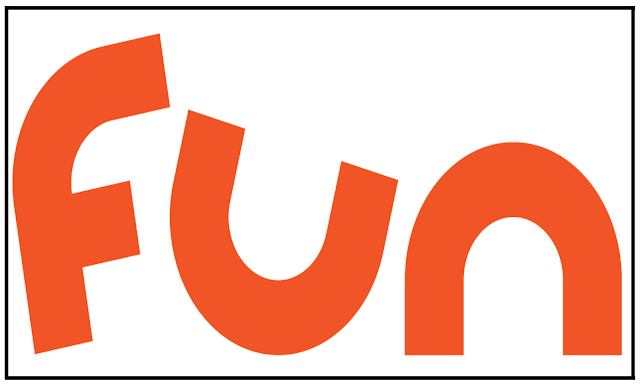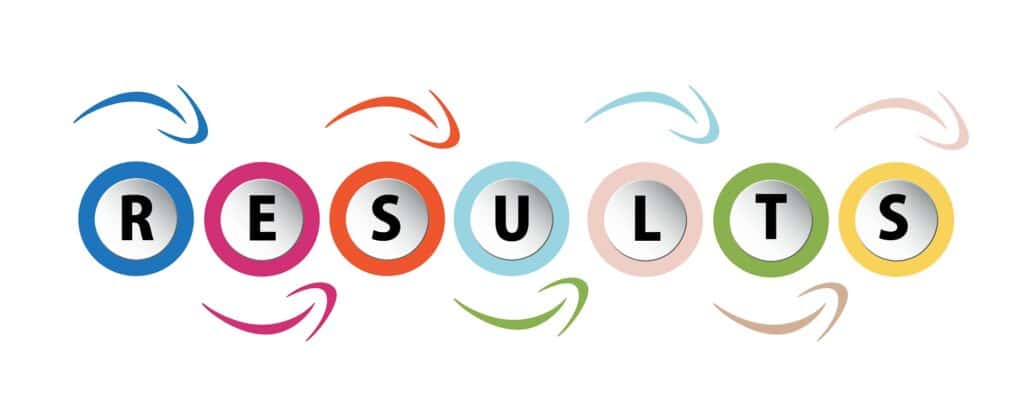Excerpt from keynote given at the 2022 Alliance for International Education conference: Educating for Peace and Social Justice: the role of international education.
Part three [Part one here; part two here]
In my remarks I have so far touched on two aspects of universality with regard to social justice issues in schools, and more broadly in relation to the UNDHR. I want to end by pointing out that whatever approach we care to take here, it does not provide easy answers, and that whatever your stance, norms evolve. Every generation has to re-ask the question, and find its own answer. Our approach to racial matters, gender matters, anything normative, really, may well be as different in coming decades as it was decades ago. That is a fact. So what does this mean for us in schools, practically speaking, in classrooms, when these issues arise?
I am thinking of those hugely teachable moments, where students are debating a social justice issue. What I have seen , tragically often, is a tendency to accept at face-value the plurality approach – because no one has a monopoly of truth and we value open-mindedness. So the students agree to differ, not because they cannot resolve it, but because they don’t really feel they have any right to try; that asserting a position is a fool’s game, and perhaps arrogant, and intolerant. Now, perhaps we can applaud the humility and acceptance in these cases. I worry, though, about the slippery slope from acceptance of other people to acceptance of other ideas. Acceptance of people is based in respect for people simply because they are people. That’s a good thing. But it’s easy to confuse this with respecting ideas simply because they are ideas – and that’s a bad thing.
The trouble is that if we accept all ideas equally valid, then we lose the right to search for a better world, or a more just world. If everything is just opinion, equally valid irrespective of logic, evidence, or values, then the idea of better loses its meaning. We don’t accept all ideas as equally valid with Art, Ethics, Science, Maths, Literature, History… why do it for issues of social justice?
When we call for gender or racial or sexual equity, it is more than just opinion; it is the voice of humanity’s bitter experience with injustice, torture and atrocities over the centuries. The right reaction when we disagree, therefore, is not to nod gently and agree to differ but to agree or to disagree, as strenuously as we can and to say why. As philosopher Simon Blackburn writes. The virtues of courage and intelligence, patience and concern, are virtues the world over. I do not believe this should be in doubt.

So when we come across these situations, of course we need to defend students’ right to make up their own mind (they’ll do it anyway, after all!). But at the same time we need to defend the position that some beliefs are better than others (all the while acknowledging the problems that such a view entails; who is to judge? Using what criteria? And so on. This is powerful advert, by the way, for the moral value of a Theory of Knowledge course which addresses precisely these issues). Helping our students interrogate and find these better views for themselves, with all the nuance and sensitivity they can find, is extremely difficult. It is also our business as educators.
———————-
The title for this talk was: Is social justice negotiable? The political and cultural interpretations of social justice and their implications for international education: An exploration of the extent to which the term social justice has universal implications as opposed to being a political or social construct that is determined with locally determined parameters and constraints.
I hope I have shown that I can have my cake and eat it. Values and their specific manifestation in ideas of social justice are socio-political constructs determined with locally determined parameters and constraints. But that does not mean there are no answers which are universally better than others. There are. And our challenge is to find those answers for ourselves, and to help our students find those answers for themselves. It is noble work.
Thank you.
References
- Engel, R. (2022) Pathways to global citizenship: a critical analysis of the International Baccalaureate’s Diploma Programme in the Asia Pacific region, Globalizations, DOI: 10.1080/14747731.2021.2011585


